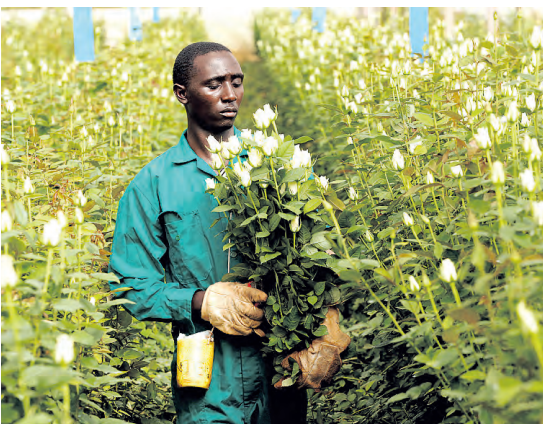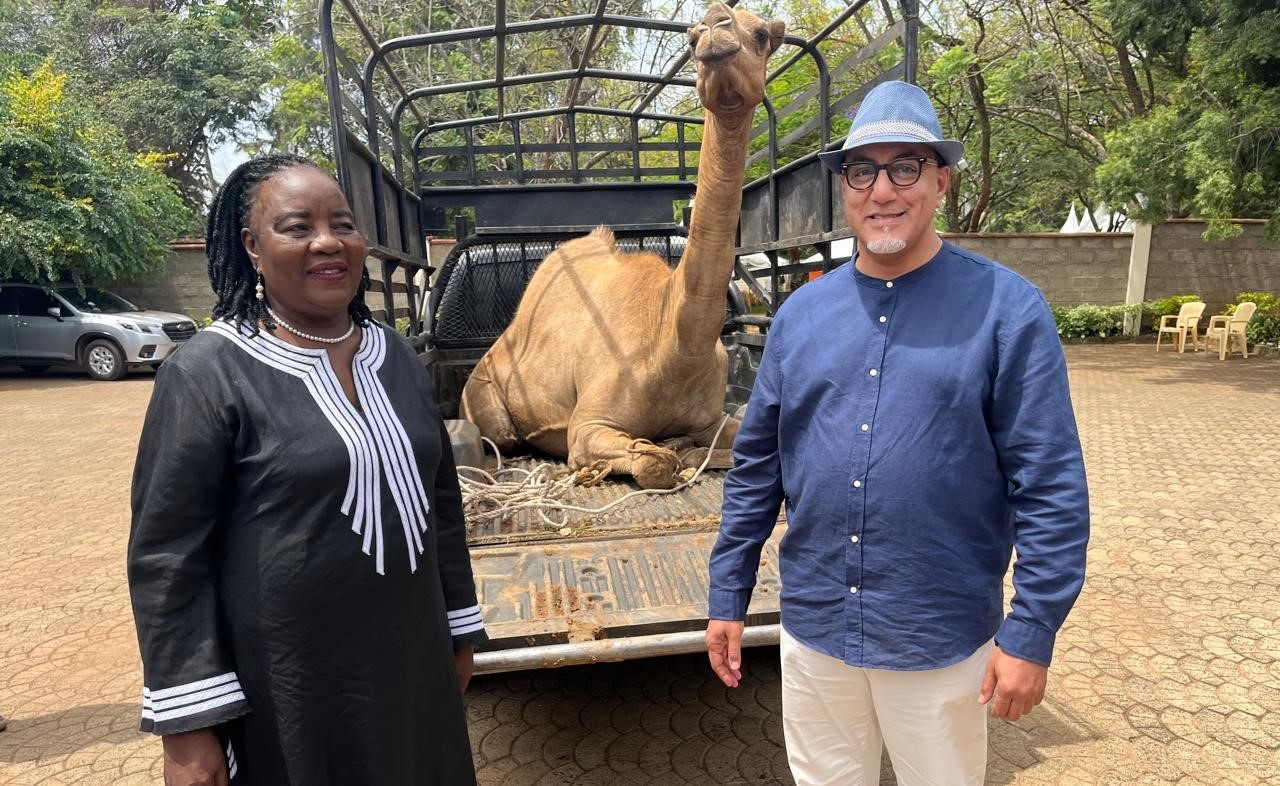
Fresh produce exporters have expressed concern over rising cost of production, warning this could significantly reduce the country’s share in international and emerging markets.
They say the cost of doing business has increased, causing international buyers to switch to other African countries.
One exporter said while a kilogramme of vegetables costs between three dollars (Sh388 ) and five dollars (Sh647 ) from Nairobi to Amsterdam, a major horticultural market, the same amount from countries such as Ethiopia, Tanzania and Rwanda costs between $1.5 (Sh194 ) and two dollars (Sh258).
Agriculture Principal Secretary Paul Ronoh said despite the sector’s impressive growth over the past decade, there are still significant challenges impeding its sustainability.
Some of these challenges include climate change, high production costs, pests and diseases, market competition and stringent market requirements.
“The sector earned the country Sh157 billion in foreign exchange in 2023 from export of horticultural produce,” Ronoh said.
He spoke during the launch of the National Horticulture Standing Committee.
The committee has been tasked with identifying emerging issues, improving horticultural productivity, promoting research and development and ensuring compliance with market requirements, including the development of quality standards and certifications.
“One pressing issue for the industry is the management of False Codling Moth, which is currently affecting fruits and flowers. The committee will also address the impact of Maximum Residual Levels notifications on beans and peas and explore diversification strategies, as Kenya currently depends on a limited range of products and markets,” Ronoh said.
“The committee is also expected to play a critical role in guiding the industry through these challenges, ensuring it remains resilient and competitive in an increasingly complex global market.”
Dr. Bruno Linyiru, director general of the Agriculture and Food Authority said part of the committee’s mandate is to develop and implement policies and regulations that foster best practices and a conducive business environment.
Last year, the Israel-Hamas war caused exportation challenges at the Red Sea forcing Kenyan horticulture exporters to ship produce to Europe via South Africa and West Africa.
This disruption led to a rise in airfreight costs, further increasing
the financial pressure on exporters.
In 2004, the now defunct National
Horticulture Taskforce was established to develop an advocacy agenda to address sector challenges and
help Kenya stay abreast of emerging
trends locally and internationally.
















![[PHOTOS] Ole Ntutu’s son weds in stylish red-themed wedding](/_next/image?url=https%3A%2F%2Fcdn.radioafrica.digital%2Fimage%2F2025%2F11%2Ff0a5154e-67fd-4594-9d5d-6196bf96ed79.jpeg&w=3840&q=100)
